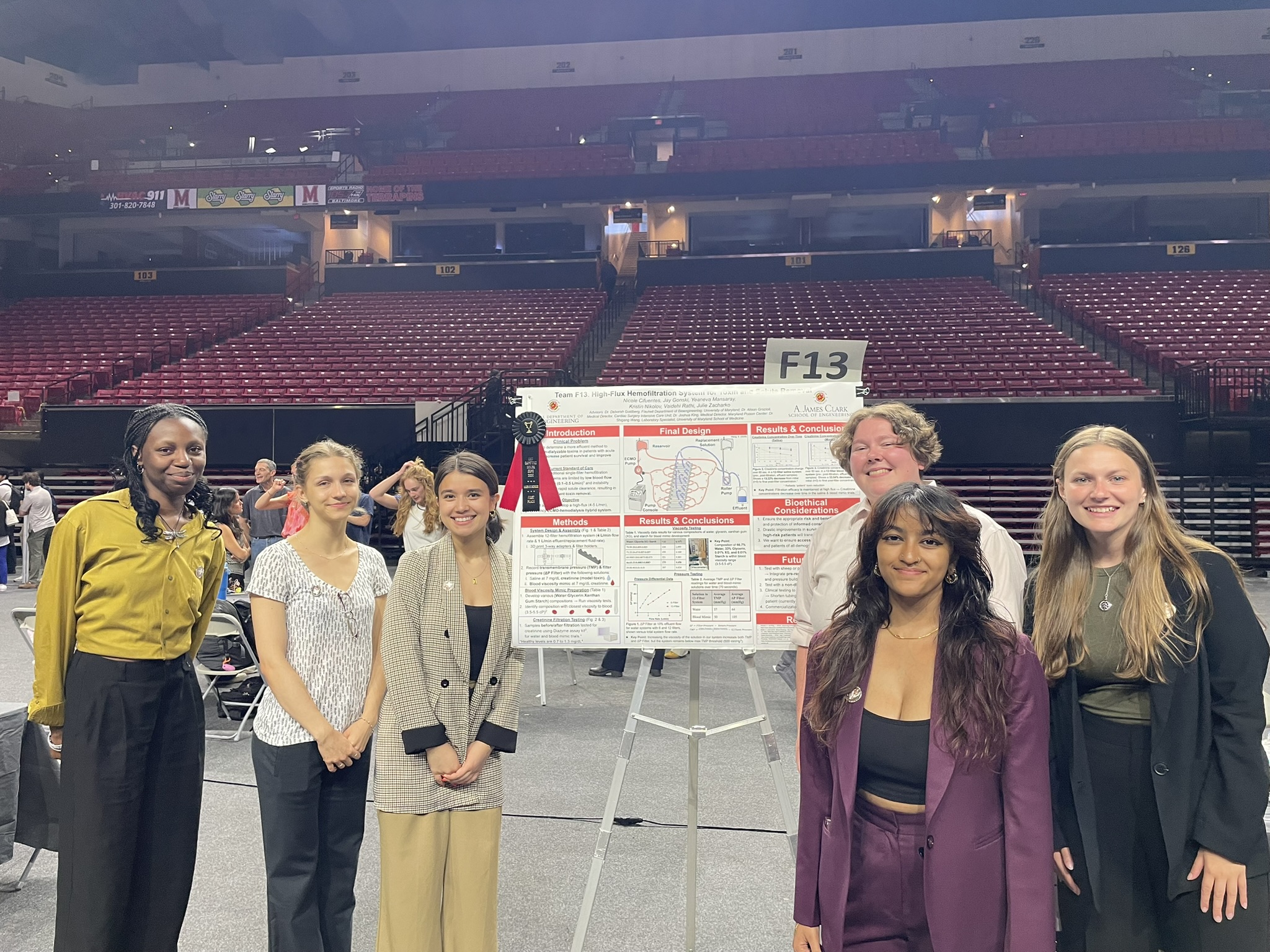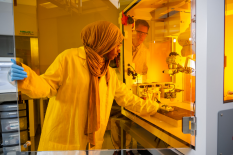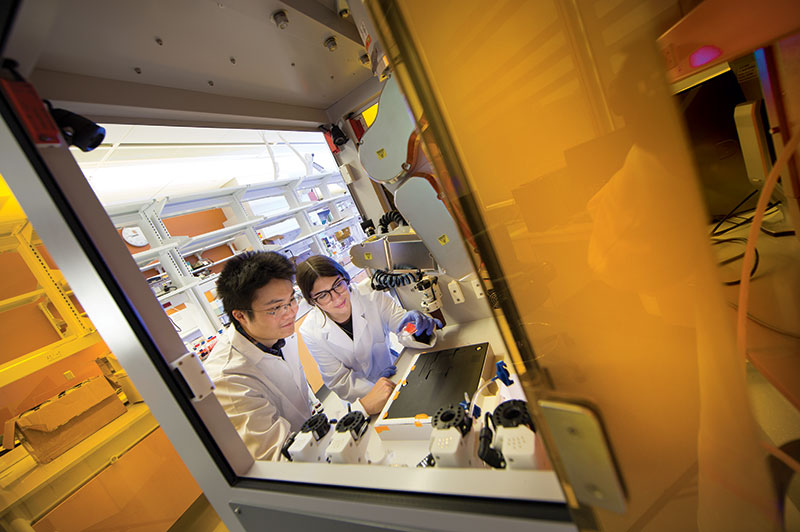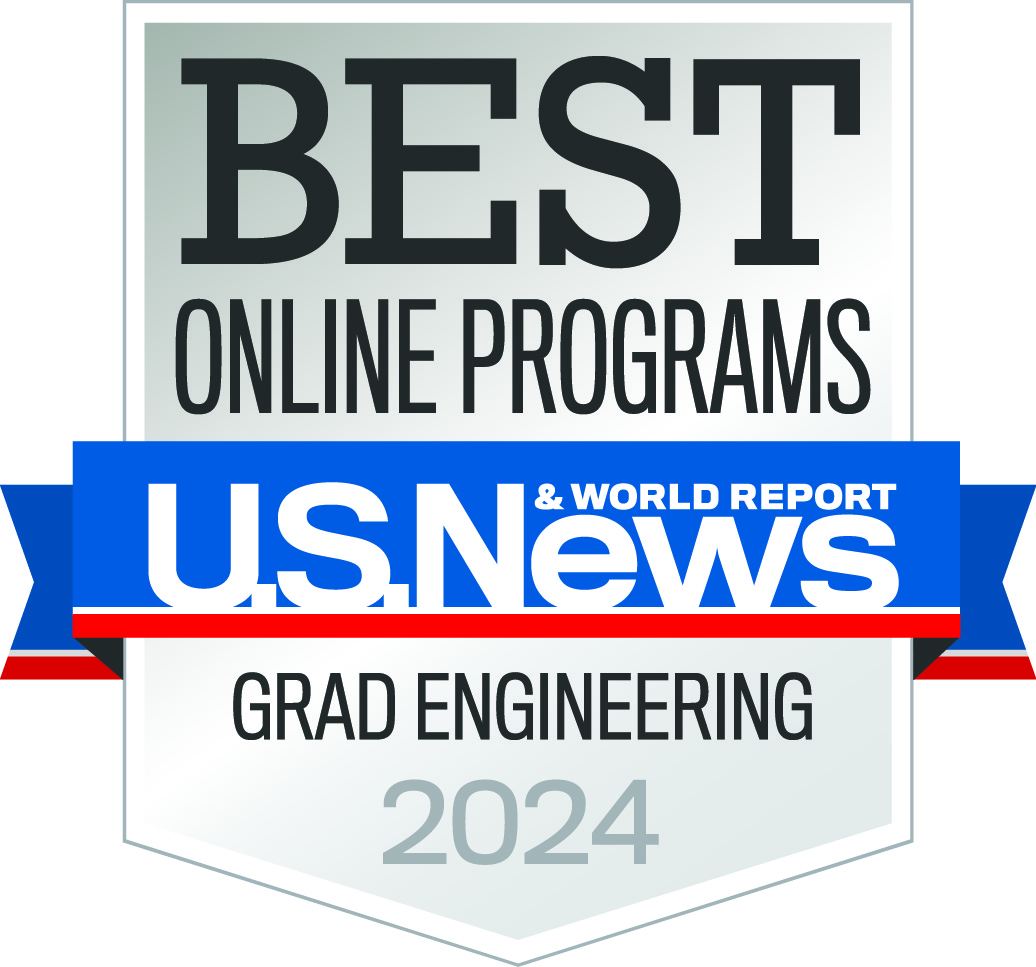UMD Bioengineering Undergraduate Program Ranks #10 Among Publics Nationwide
September 25, 2025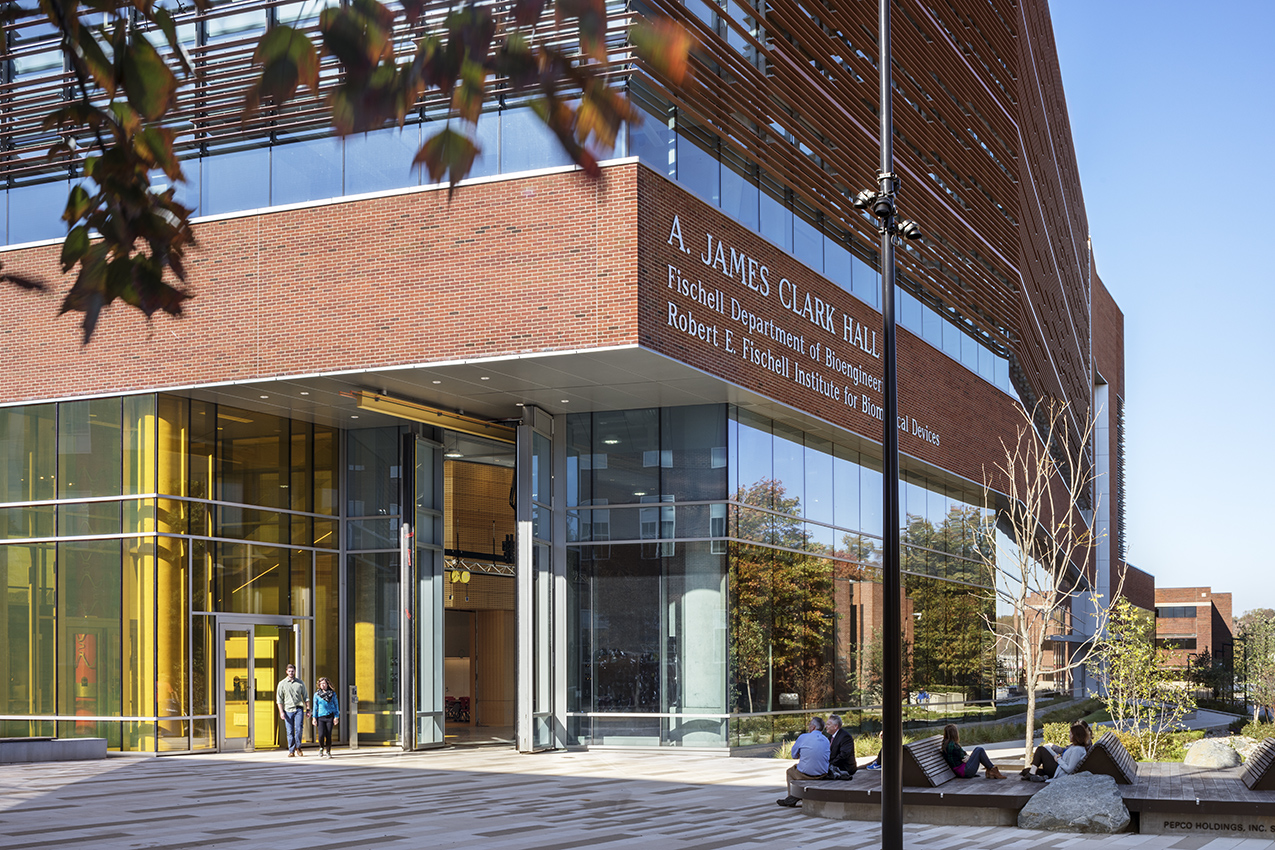
The Fischell Department of Bioengineering (BIOE) at the University of Maryland (UMD) ranked among the nation’s leading undergraduate programs in bioengineering and biomedical engineering, according to the latest U.S. News & World Report (USNWR) rankings.
In the 2025–2026 Best Colleges rankings, BIOE secured the #10 spot among public programs and climbed to #25 overall nationwide. The recognition underscores the department’s continued commitment to delivering a rigorous and innovative educational experience for students preparing to advance human health.
“Seeing our program once again recognized among the best in the country is a reflection of the dedication of our faculty, staff, and students,” said Distinguished University Professor and Department Chair John P. Fisher. “We are excited for the future of bioengineering at Maryland as we build new opportunities in research, education, and collaboration that will empower the next generation of leaders to solve urgent health challenges.”
Expanding Impact Through Research and Collaboration
Over the past year, BIOE has launched significant new initiatives designed to expand research opportunities and strengthen partnerships across the University of Maryland system.
Aiming to enhance the undergraduate experience, these efforts create new pathways for students to engage in cutting-edge research at the intersection of engineering and medicine.
These efforts aim to enhance the undergraduate experience by creating new pathways for students to engage in cutting-edge projects at the intersection of engineering and medicine.
In spring 2025, UMD and the University of Maryland School of Medicine (UMSOM) celebrated the launch of the Edward & Jennifer St. John Center for Translational Engineering and Medicine (CTEM), located in the new 4MLK facility at the University of Maryland BioPark in Baltimore. Fueled by a $10 million philanthropic gift, CTEM provides shared lab and space where engineers and clinicians collaborate on medical devices, diagnostics, and treatments that address real-world patient needs.
“Seeing our program once again recognized among the best in the country is a reflection of the dedication of our faculty, staff, and students. We are excited for the future of bioengineering at Maryland as we build new opportunities in research, education, and collaboration that will empower the next generation of leaders to solve urgent health challenges.”
-John P. Fisher
BIOE faculty member Giuliano Scarcelli will co-direct the center alongside Osamah J. Saeedi, Professor of Ophthalmology and Visual Sciences at UMSOM. There, they will advance projects like ophthalmologic imaging and nanotechnology-enabled drug delivery. Their work reflects CTEM’s mission to accelerate the translation of bioengineering discoveries into clinical practice.
Building on this momentum, new programs have already launched to strengthen collaboration across UMD and UMSOM. Most notably, the new B.S.-M.D. program creates a direct pathway for undergraduate students in engineering, computer science, and mathematics to pursue medical school, blending early clinical and research experiences with their technical training. Co-directed by BIOE faculty member Ian Smith, the program reflects a growing vision to unite engineering and medicine, preparing students and researchers to drive innovations that directly improve patient care.
Curriculum and Future Pathways
BIOE’s undergraduate curriculum integrates engineering, biology, and medicine to prepare students to solve today’s most urgent health challenges. Alongside core coursework, students investigate how social and health disparities shape medical outcomes, and they engage in hands-on research in state-of-the-art labs across campus.
The department is also home to the Biocomputational Engineering (BCE) program, a first ABET-accredited biocomputational program blending biology, mathematics, and computer science. BCE equips graduates with the data-driven skills needed for emerging fields like biomedical imaging, computational modeling, and precision medicine. Together, the curriculum and programs like BCE ensure that UMD bioengineering graduates are well-prepared for careers in medicine, industry, research, and beyond.
Capstone
Central to the undergraduate experience is the department’s Capstone Design program, where students work in teams with clinical and industry mentors to address real-world health needs. In May 2025, BIOE and BCE seniors presented 24 projects at the Clark School’s second annual Capstone Design Expo, held at the Xfinity Center
BIOE Team 4 took first place for their project, “High-Flux Hemofiltration System for Toxin and Solute Removal”. The device was designed to more effectively filter harmful toxins from the blood, addressing a critical need for patients with severe illnesses. BIOE students also placed second and third place, and received the department’s Award for Translational Design, as well as the MPower Award for cross-campus collaboration. Winning projects included a wearable system to reduce aspiration risk in patients with limited mobility and new training tools that improve safety and affordability in complex medical procedures.
Supported by clinicians, University of Maryland MPowering the State Strategic Partnership (MPower), and the Fischell family, Capstone underscores the department’s mission to prepare graduates not only with technical skills but also with the creativity and teamwork needed to bring innovations from concept to clinic.


